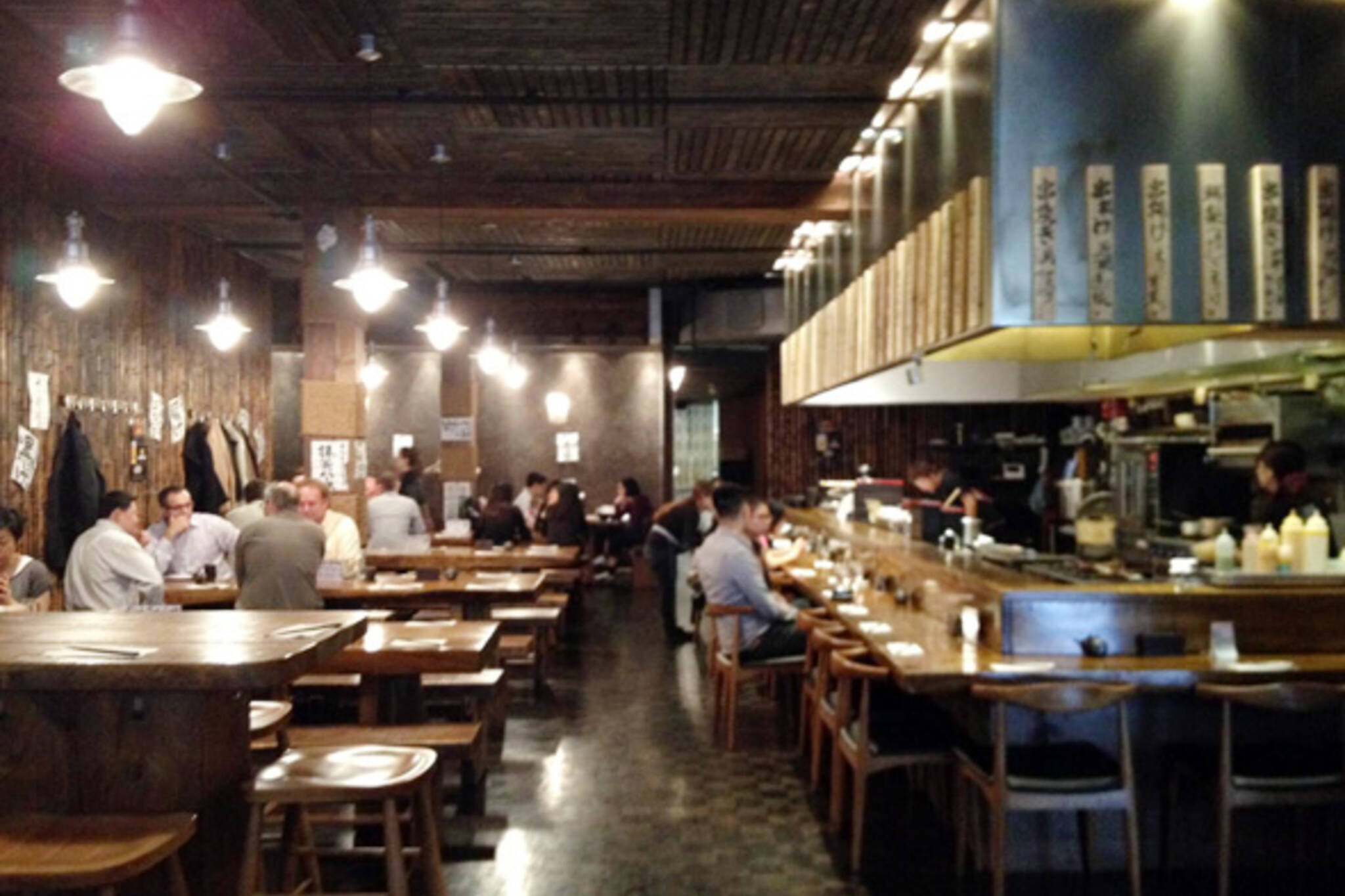
There's new life in Old Chinatown
The area along Dundas known as Old Chinatown enjoys a bit of a roller coaster reputation. East of University Avenue and centred around Elizabeth Street, this first Chinatown (which, appropriately, is also sometimes referred to as First Chinatown, though nomenclature and exact borders can be fuzzy) was bustling with activity in and around the early 1900's. Many Chinese railway workers had settled in Toronto by that time, and the area was flourishing with Chinese laundry shops, grocery stores, and other community businesses.
Then came plans for a new Toronto city hall, which threatened to displace and destroy Chinese retail in the area. And it did. By the time City Hall opened in 1965, many Chinese businesses had either relocated further west to Spadina (the area we recognize as Chinatown today) or shut down altogether. Toronto experienced another wave of Chinese immigration around the late 1960s and early 1970s, but by that time Old Chinatown was not a newcomer destination.
Fast forward to today — or rather, perhaps, just the day before last — when Old Chinatown seemed to host one short-lived enterprise after another. The odd sushi spot or print centre would pop in or out, with little chance at longevity (or so said the realists), hardly contributing to that once beloved community feel.
But that all may be changing for Old Chinatown. Indeed, over the past year or so the area has been welcoming new life to its blocks, with a couple of spots set to open soon that look like they have to potential to stay for the long haul.
Late last year arrived Chatime Toronto (reputed to have some of the best bubble tea in Toronto), followed by Don Don Izakaya in early 2012, adding to the city's Izakaya scene. Then there's Sansotei Ramen, which opened just a couple weeks ago, and Kimchi Korea House, which actually had its big reveal last night. Throw soon-to-open Latte Me and Bapbo Korean to the mix, and there's fuel for a little Old Chinatown revival.
Many of the business owners I spoke with cited low rent and lots of activity as a big draw for the area. "This spot is exactly what we wanted," says Michael Zhang of Sansotei. "This is a busy intersection, but still the rent is very good for the area." I ask Michael if he had considered Chinatown proper (west of Spadina) when he and his wife were making their plans to open a new restaurant. "We didn't necessarily want Chinatown because we wanted to catch all sorts of crowds," he says. "Chinatown — I know it's very busy, but it's also very dense in terms of just Asian people. Where we are now, we have the subway, the hospitals, schools, other buildings, and we can catch all kinds of crowds."
Tony Wong of Don Don Izakaya was slightly more adamant in his Chinatown refusal. "Oh no," he says, "we never thought to do that," he replies when I ask if he and his partners thought to put Don Don west of Spadina. Tony says that he saw potential in Old Chinatown with some of the new business activity of late, adding that he thinks the area will only strengthen in the coming year. "Dundas Square is still close, and there are new buildings just down the street," he says. "But the rent is still good." And while there are plenty of restaurants in Chinatown that are not Chinese, Tony says his Japanese fare didn't factor into the decision. "This spot was a good size for us," he says. "And the area is just getting better."
Latest Videos
Latest Videos
Join the conversation Load comments







